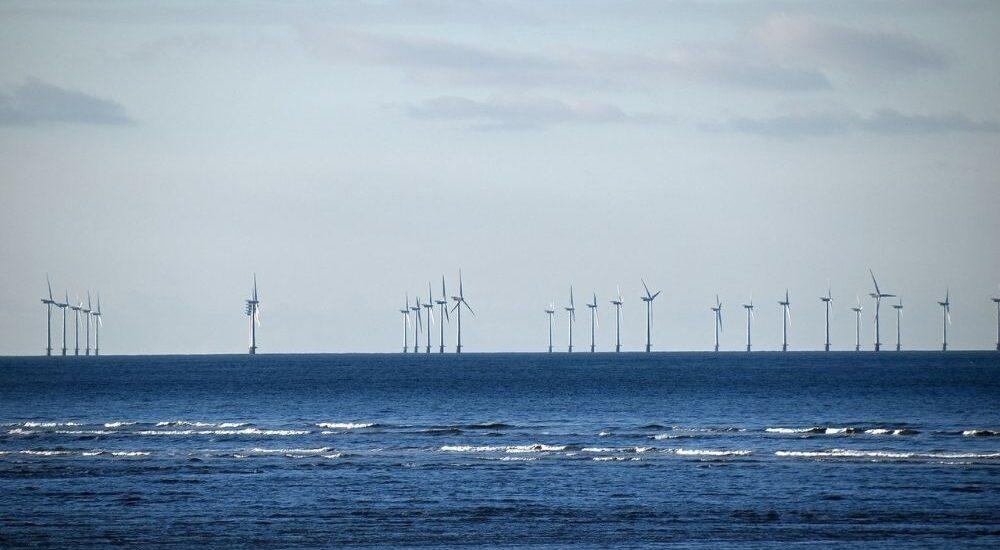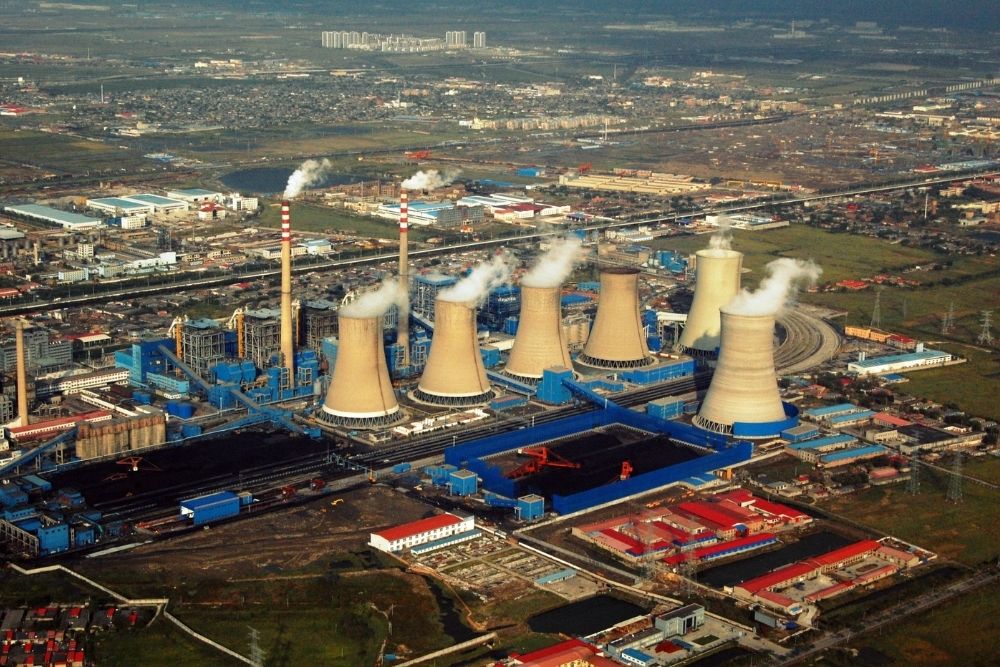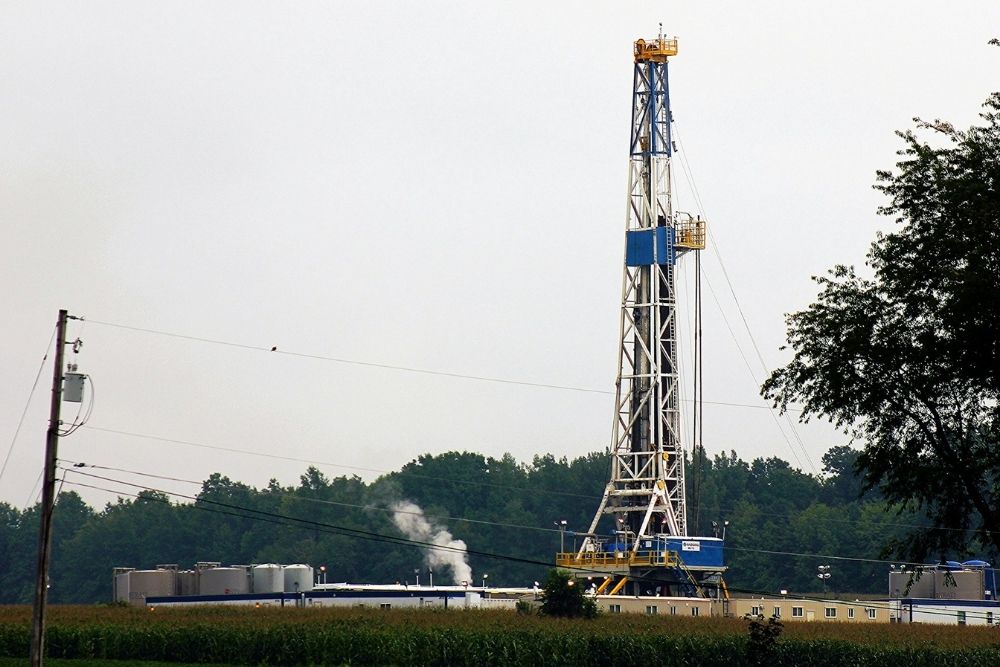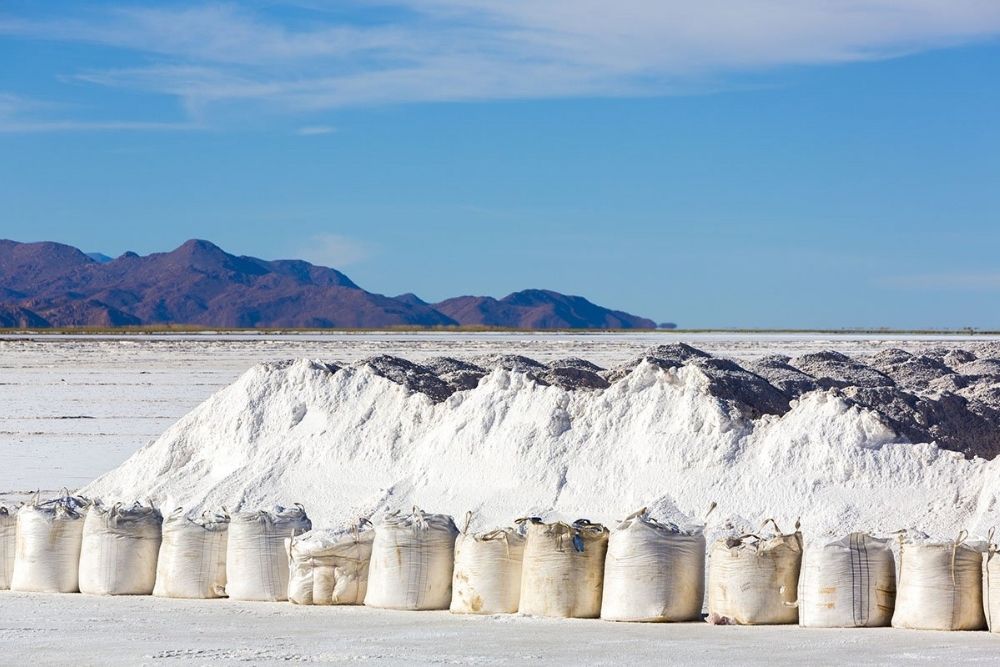Equinor, BP want 54% price hike in power produced at three U.S. wind farms
- September 1, 2023
- Posted by: Quatro Strategies
- Categories: ESG & Renewable Energy, United States

Equinor and BP are seeking a 54% increase in the price of power produced at three planned offshore wind farms in the US. The partners requested enhanced offshore renewable energy credits compared with the terms originally agreed for the Empire Wind 1, Empire Wind 2, and Beacon Wind wind farms, which have a combined capacity of 3,300 MW. The New York State Energy Research and Development Authority (NYSERDA) said that the application would result in a 54% increase in the average price across the projects.
According to NYSERDA, the strike price for Empire Wind 1 would rise from $118.38 per megawatt hour (MWh) to $159.64/MWh, and for Empire Wind 2 from $107.50/MWh to $177.84/MWh. Beacon Wind would see the strike price rise from $118.00/MWh to $190.82/MWh. Equinor and BP argued that “rampant inflation, global supply chain disruptions, and soaring interest rates associated with the COVID-19 pandemic, the Russia-Ukraine conflict, and the increasing pace of the energy transition” drove up costs.
Denmark’s Orsted also cited similar pressures when it announced that it may book impairments of 16 billion Danish crowns ($2.3 billion) on its U.S. portfolio. Equinor, however, has not announced any impairments for its U.S. offshore wind business.
A group representing New York’s largest energy consumers responded to the petition, saying that the proposed price amendments would increase consumer costs for the three projects by $14.8 billion over a 30-year contract tenure. The group asked the commission to decline the request, arguing “there are reasons to be skeptical of the suggestion” that the project may be abandoned otherwise.
Interested in learning more?
Sign up for Top Insights Today

Top Insights Today delivers the latest insights straight to your inbox.
You will get daily industry insights on
Oil & Gas, Rare Earths & Commodities, Mining & Metals, EVs & Battery Technology, ESG & Renewable Energy, AI & Semiconductors, Aerospace & Defense, Sanctions & Regulation, Business & Politics.


